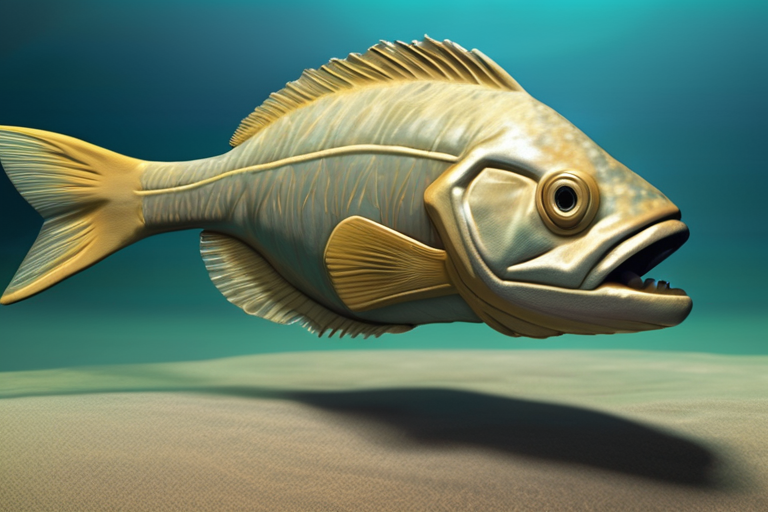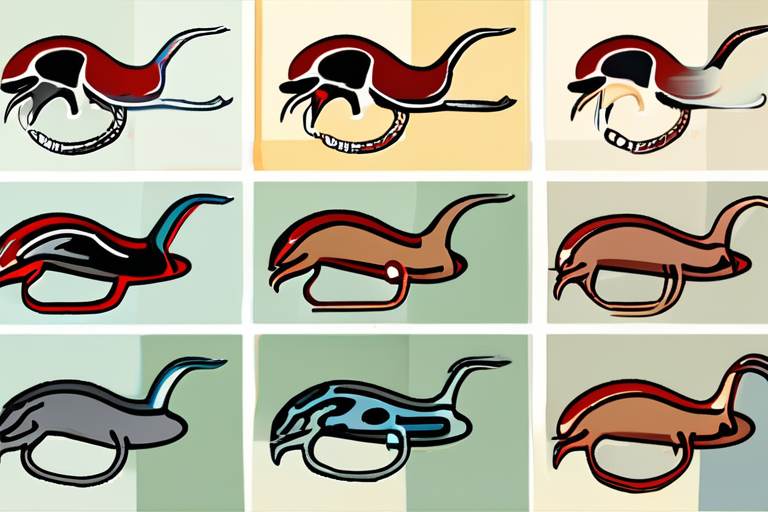Researchers from the University of California, Berkeley, have made a groundbreaking discovery in the field of evolutionary biology, redefining the understanding of how freshwater fish developed their advanced hearing systems. According to a recent study, a 67-million-year-old fossil of an otophysan fish has revealed that these ancient fish did not evolve their sensitive Weberian ear system in rivers as previously thought, but rather began developing it in the ocean before migrating inland.
The researchers, led by Dr. Maria Rodriguez, a paleontologist at UC Berkeley, used advanced imaging techniques to examine the fossil and found that the Weberian structure, a bony system that connects the fish's air bladder to its inner ear, arose from a rib and several back bones in the spine. This unique structure endows the fish with more sensitive hearing, rivaling that of humans. The discovery challenges the long-held assumption that freshwater fish evolved their advanced hearing systems in rivers, and instead suggests that they developed it in the ocean before adapting to freshwater environments.
"We were surprised to find that the Weberian structure was present in the fossil, and it's clear that these ancient fish had a more sophisticated hearing system than we previously thought," Dr. Rodriguez said in an interview. "This discovery has significant implications for our understanding of the evolution of hearing in fish and how it relates to their ability to adapt to different environments."
The study's findings also suggest that there were two separate invasions of freshwater by fish, which explains why there are so many freshwater species today. This new timeline provides a more nuanced understanding of the evolution of freshwater fish and highlights the importance of studying ancient fossils to gain insights into the history of life on Earth.
The discovery of the 67-million-year-old fossil is significant not only for its scientific implications but also for its potential to inform conservation efforts. By understanding how fish adapted to different environments, researchers can better appreciate the complex relationships between species and their ecosystems, and develop more effective strategies for protecting and preserving biodiversity.
The study's findings have been met with excitement from the scientific community, with many experts hailing the discovery as a major breakthrough in the field of evolutionary biology. As researchers continue to study the fossil and its implications, it is clear that this discovery will have far-reaching consequences for our understanding of the natural world and our place within it.
The researchers plan to continue studying the fossil and its implications, and are already working on new projects to explore the evolution of hearing in fish and its relationship to their ability to adapt to different environments. As the scientific community continues to explore the mysteries of the ancient fish, it is clear that this discovery will have a lasting impact on our understanding of the natural world.

























Share & Engage Share
Share this article